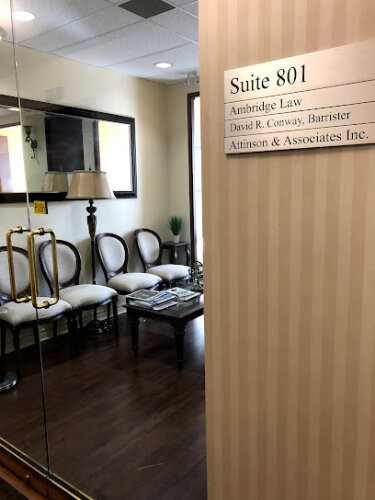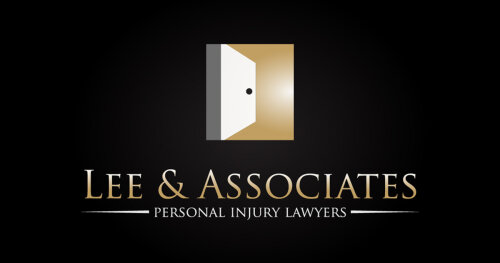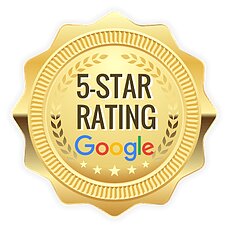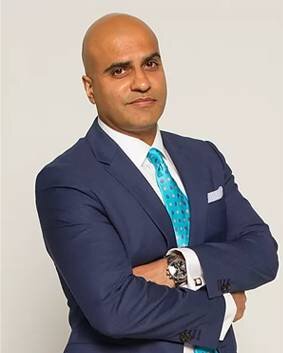Best Brain Injury Lawyers in Toronto
Share your needs with us, get contacted by law firms.
Free. Takes 2 min.
List of the best lawyers in Toronto, Canada
About Brain Injury Law in Toronto, Canada:
Brain injury law in Toronto, Canada encompasses legal matters related to traumatic brain injuries, acquired brain injuries, and other neurological conditions resulting from accidents, medical malpractice, workplace incidents, or other causes. Individuals who suffer brain injuries may be entitled to compensation for medical expenses, lost wages, pain and suffering, and other damages.
Why You May Need a Lawyer:
You may need a lawyer specializing in brain injury cases if you or a loved one has suffered a brain injury due to someone else's negligence. A lawyer can help you navigate the complex legal process, negotiate with insurance companies, gather evidence to support your claim, and represent you in court if necessary. Additionally, a lawyer can ensure that your rights are protected and that you receive fair compensation for your injuries.
Local Laws Overview:
In Toronto, Canada, individuals who suffer brain injuries have the right to seek compensation for their injuries through civil litigation. The legal process for pursuing a brain injury claim may vary depending on the circumstances of the injury, the severity of the injury, and the parties involved. It is important to consult with a lawyer who is experienced in brain injury cases to understand your legal rights and options.
Frequently Asked Questions:
1. What types of accidents can cause a brain injury?
Brain injuries can result from a variety of accidents, including car accidents, slip and falls, sports injuries, medical malpractice, and workplace incidents.
2. How long do I have to file a brain injury claim in Toronto?
In Toronto, there is a limitation period of two years from the date of the incident to file a brain injury claim. It is important to consult with a lawyer as soon as possible to ensure that your claim is filed within the required timeframe.
3. What kind of compensation can I receive for a brain injury claim?
Compensation for a brain injury claim may include medical expenses, loss of income, pain and suffering, and other damages. The amount of compensation you may receive will depend on the circumstances of your case.
4. Can I file a brain injury claim on behalf of a loved one who is unable to do so themselves?
Yes, you may be able to file a brain injury claim on behalf of a loved one who is unable to do so themselves due to their injury. In such cases, it is important to consult with a lawyer to understand the legal process for acting on behalf of another person.
5. How can a lawyer help me with my brain injury claim?
A lawyer specializing in brain injury cases can provide legal advice, represent you in negotiations with insurance companies, gather evidence to support your claim, and represent you in court if necessary. A lawyer can also ensure that your rights are protected throughout the legal process.
6. Do I have to go to court to resolve my brain injury claim?
Not all brain injury claims go to court. Many claims are settled through negotiations with insurance companies or other parties involved. However, if a settlement cannot be reached, your lawyer may advise you to proceed to court to seek fair compensation for your injuries.
7. How do I choose the right lawyer for my brain injury case?
When choosing a lawyer for your brain injury case, it is important to look for a lawyer who has experience in handling brain injury cases, a track record of success, and who you feel comfortable working with. It is also important to discuss fees and payment arrangements with your lawyer before proceeding with your case.
8. Can I afford a lawyer for my brain injury case?
Many lawyers who specialize in brain injury cases work on a contingency fee basis, which means that they only get paid if you receive compensation for your injuries. This can make legal representation more affordable for individuals who may not be able to afford upfront legal fees.
9. What should I do if I suspect someone else's negligence caused my brain injury?
If you suspect that someone else's negligence caused your brain injury, it is important to consult with a lawyer as soon as possible to discuss your legal options. A lawyer can help you determine whether you have a valid claim and advise you on the best course of action to seek compensation for your injuries.
10. How long does it take to resolve a brain injury claim in Toronto?
The time it takes to resolve a brain injury claim in Toronto can vary depending on the complexity of the case, the severity of the injuries, and the willingness of the parties involved to negotiate a fair settlement. It is important to be patient and trust your lawyer to work towards a resolution that is in your best interests.
Additional Resources:
If you need legal advice or assistance related to brain injury cases in Toronto, Canada, you may find the following resources helpful:
- Brain Injury Society of Toronto (BIST) - Ontario Brain Injury Association (OBIA) - Law Society of Ontario - Toronto Personal Injury Lawyers Association
Next Steps:
If you believe you have a brain injury case and need legal assistance, it is important to consult with a lawyer who specializes in brain injury cases as soon as possible. A lawyer can assess your situation, explain your legal rights, and guide you through the process of seeking compensation for your injuries. Remember to keep all relevant documents and records related to your injury, as they may be important evidence in your case.
Lawzana helps you find the best lawyers and law firms in Toronto through a curated and pre-screened list of qualified legal professionals. Our platform offers rankings and detailed profiles of attorneys and law firms, allowing you to compare based on practice areas, including Brain Injury, experience, and client feedback.
Each profile includes a description of the firm's areas of practice, client reviews, team members and partners, year of establishment, spoken languages, office locations, contact information, social media presence, and any published articles or resources. Most firms on our platform speak English and are experienced in both local and international legal matters.
Get a quote from top-rated law firms in Toronto, Canada — quickly, securely, and without unnecessary hassle.
Disclaimer:
The information provided on this page is for general informational purposes only and does not constitute legal advice. While we strive to ensure the accuracy and relevance of the content, legal information may change over time, and interpretations of the law can vary. You should always consult with a qualified legal professional for advice specific to your situation.
We disclaim all liability for actions taken or not taken based on the content of this page. If you believe any information is incorrect or outdated, please contact us, and we will review and update it where appropriate.














